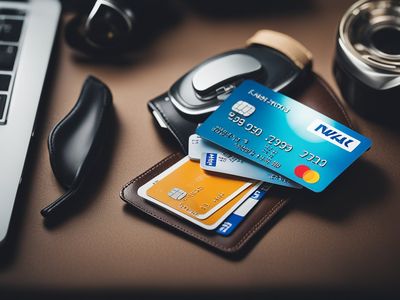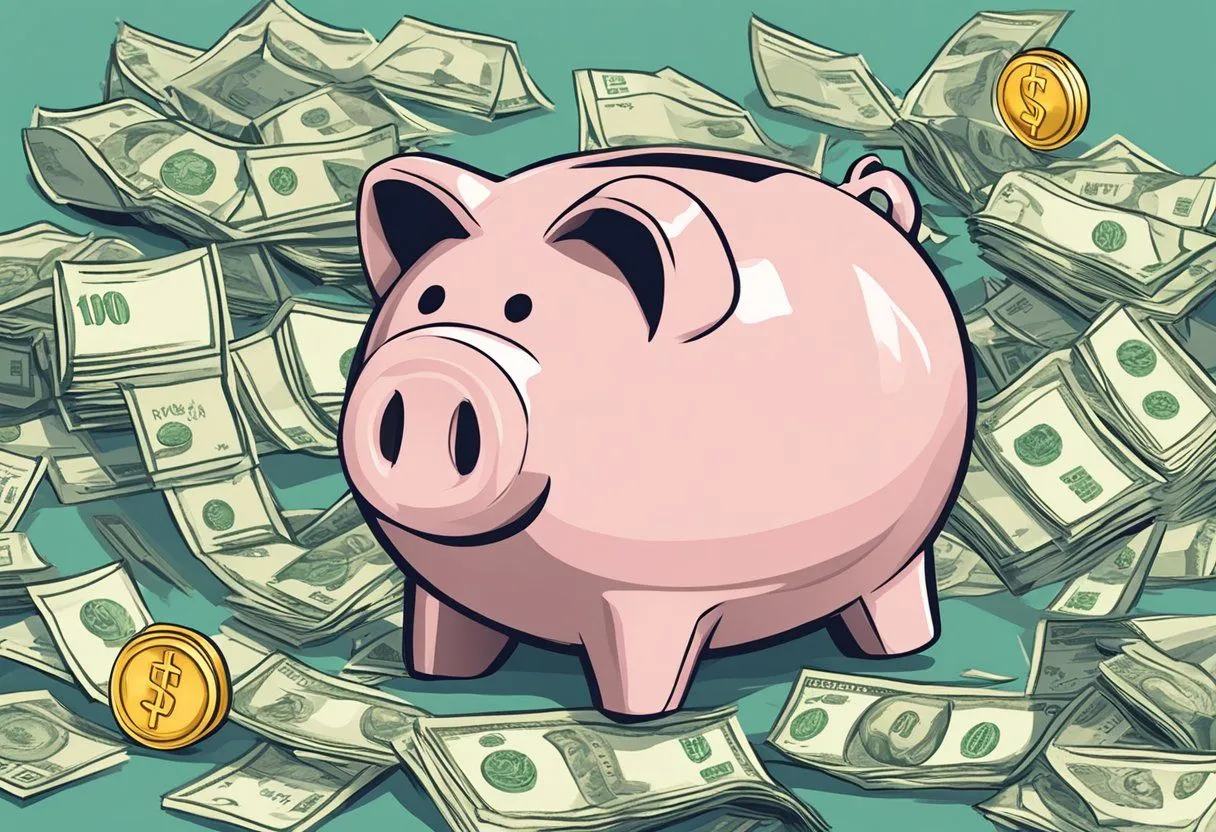Credit Card Tips: Insider Knowledge for Maximizing Your Plastic
Credit cards are an essential part of modern life, but many people don’t realize that there are ways to get more out of their plastic. Credit card hacks are insider tips and tricks that can help you maximize the benefits of your credit cards. From cash back rewards to travel perks, there are many ways to use your credit card to your advantage.
One of the most popular credit card hacks is to use a card that offers cash back rewards. Many credit cards offer cash back on purchases, ranging from 1% to 5% or more. By using a cash back credit card for everyday purchases, you can earn money back on things you would be buying anyway. Some credit cards also offer bonus cash back in certain categories, such as groceries or gas, so it’s important to choose a card that fits your spending habits.
Another credit card hack is to take advantage of travel rewards. Many credit cards offer points or miles that can be redeemed for travel, such as flights or hotel stays. By using a travel rewards credit card for your everyday purchases, you can earn points or miles that can be used for your next vacation. Some travel rewards credit cards also offer additional perks, such as airport lounge access or free checked bags, so it’s important to choose a card that fits your travel needs.
Understanding Credit Card Basics
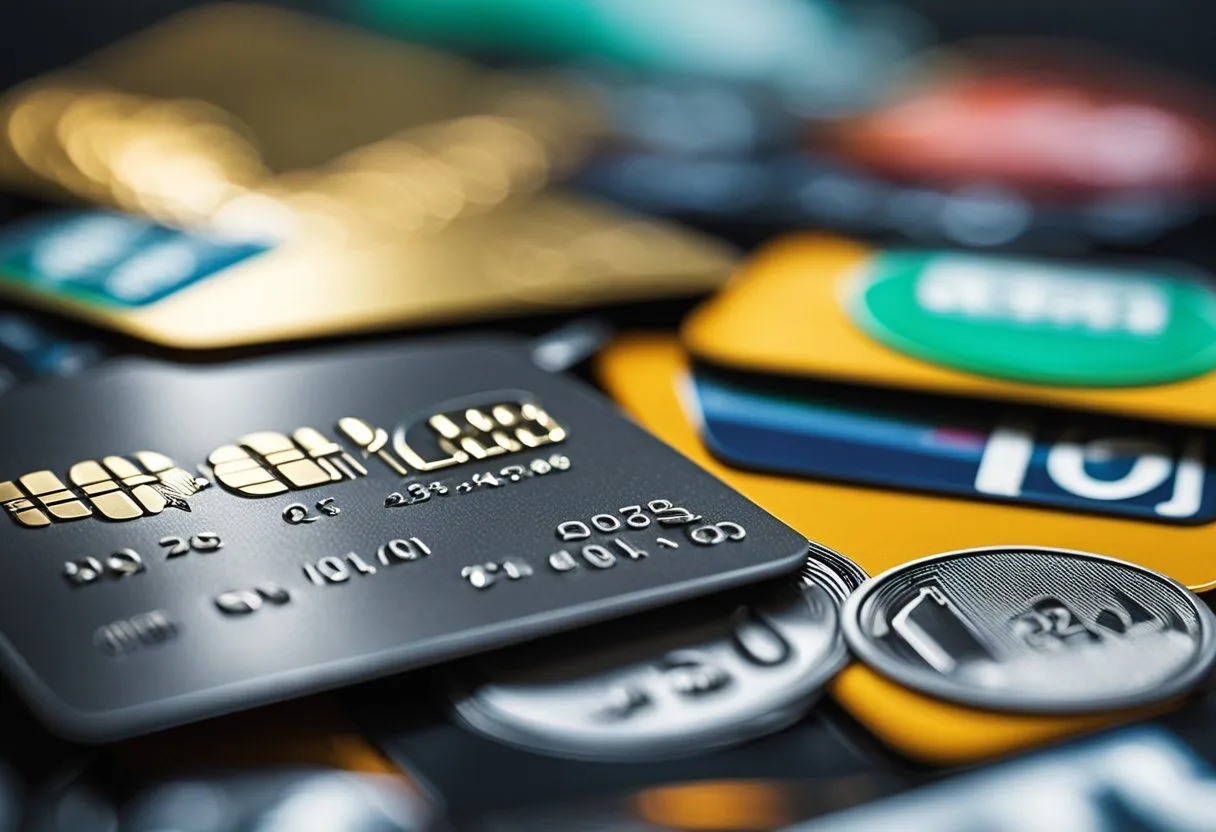
Credit cards are a convenient way to make purchases and build credit. However, before diving into credit card hacks, it’s important to understand the basics of credit cards.
Types of Credit Cards
There are several types of credit cards available, each with unique benefits and drawbacks. Here are some of the most common types:
- Rewards Credit Cards: These cards offer rewards for spending, such as cash back, points, or miles.
- Balance Transfer Credit Cards: These cards allow you to transfer high-interest debt to a card with a lower interest rate, potentially saving you money on interest.
- Secured Credit Cards: These cards require a security deposit and are designed for people with poor or no credit.
- Student Credit Cards: These cards are designed for college students and typically have lower credit limits.
Understanding Credit Scores
Credit scores are a numerical representation of an individual’s creditworthiness. They are based on factors such as payment history, credit utilization, and length of credit history.
Having a good credit score is important for obtaining credit cards with favorable terms and interest rates. To improve credit scores, individuals should make on-time payments, keep credit card balances low, and avoid opening too many new accounts at once.
In summary, understanding the basics of credit cards and credit scores is crucial for making informed decisions about credit card usage. By knowing the different types of credit cards available and how credit scores are calculated, individuals can maximize the benefits of credit cards while avoiding potential pitfalls.
Maximizing Credit Card Rewards
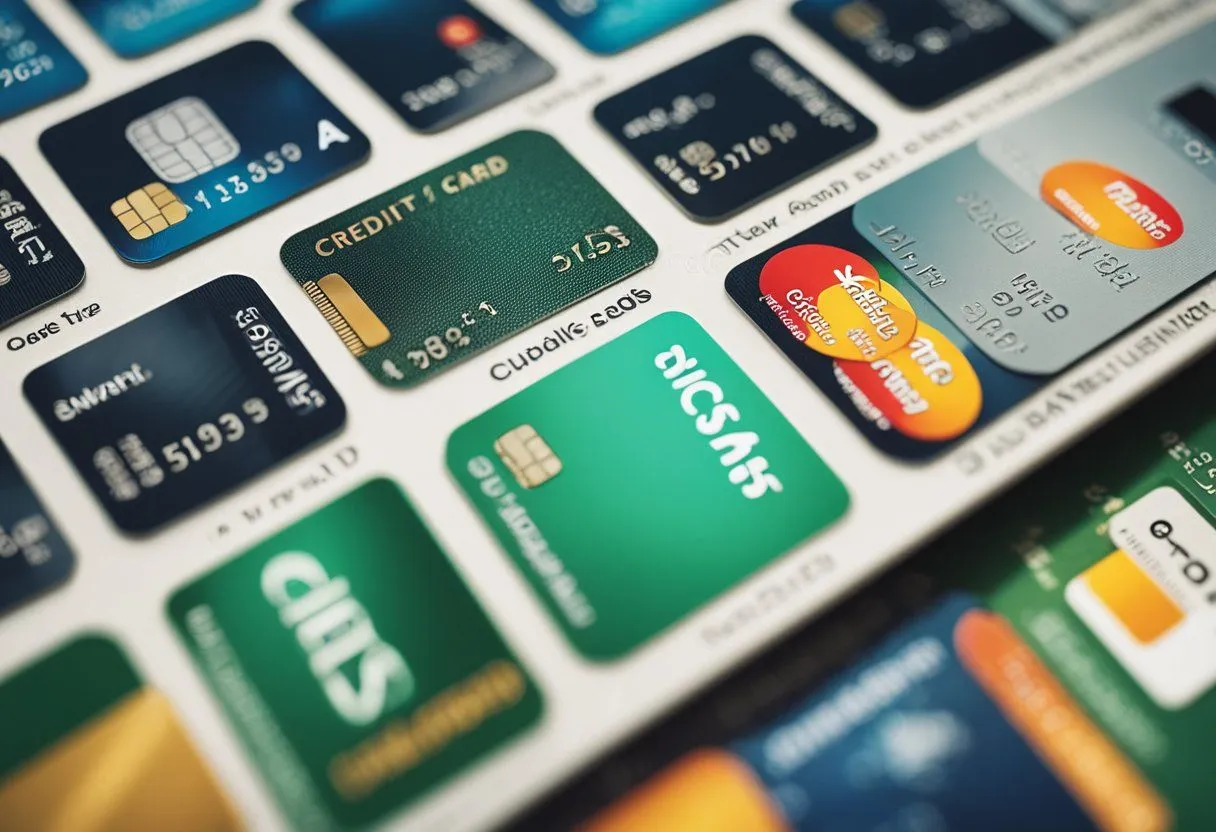
Credit card rewards can be a great way to earn cash back, travel points, or other valuable perks. Here are some tips for maximizing your rewards:
Choosing the Right Rewards Card
Not all rewards cards are created equal. When choosing a rewards card, consider the following:
- Type of rewards: Do you want cash back, travel points, or something else? Choose a card that offers rewards that match your spending habits and goals.
- Sign-up bonus: Many rewards cards offer a sign-up bonus for new cardholders. Look for a card with a bonus that you can realistically earn.
- Annual fee: Some rewards cards charge an annual fee. Make sure the rewards you earn are worth the cost of the fee.
- Interest rate: If you plan to carry a balance on your card, look for a card with a low interest rate.
Strategic Spending
To maximize your rewards, consider the following strategies:
- Use your card for everyday purchases: Use your rewards card for everyday purchases like groceries, gas, and dining out to earn rewards on your regular spending.
- Take advantage of bonus categories: Many rewards cards offer bonus rewards in certain categories, like travel or dining. Make sure to use your card in these categories to earn extra rewards.
- Pay off your balance in full: To avoid paying interest and fees, pay off your balance in full each month.
- Redeem your rewards wisely: Make sure to redeem your rewards before they expire and for the most value. For example, travel points may be worth more when redeemed for flights instead of merchandise.
By choosing the right rewards card and using strategic spending techniques, you can maximize the rewards you earn from your credit card.
Avoiding Common Credit Card Pitfalls
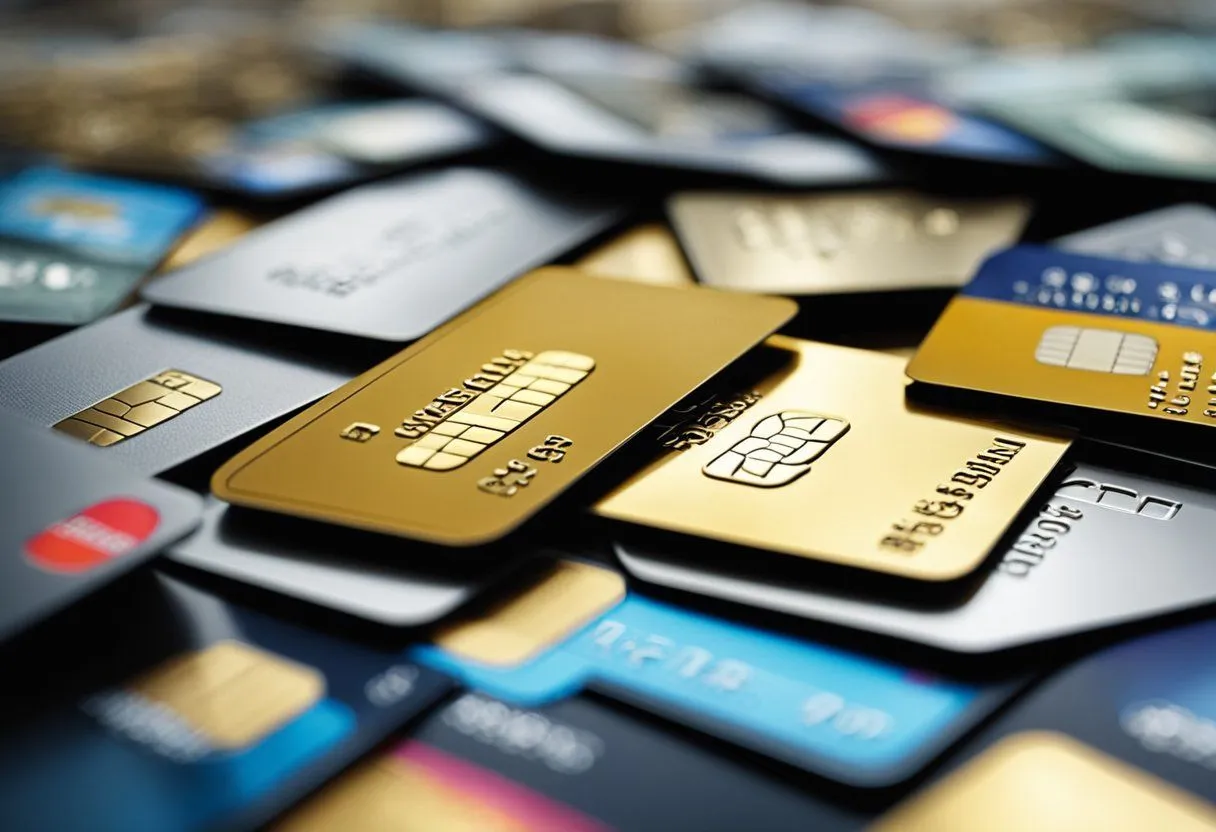
Credit cards are a convenient way to pay for purchases, but they can also be a source of financial stress if not used responsibly. Here are some common credit card pitfalls to avoid:
Avoiding High Interest Rates
One of the biggest pitfalls of credit cards is high interest rates. To avoid this, it’s important to pay off your balance in full each month. If you can’t pay off your balance in full, try to pay more than the minimum payment to reduce the amount of interest you’ll pay over time. Additionally, consider transferring your balance to a card with a lower interest rate.
Preventing Credit Card Fraud
Credit card fraud is another common pitfall to watch out for. To prevent fraud, keep your card in a secure place and never share your card information with anyone. Be cautious when using your card online, and only use reputable websites that have secure payment systems. Monitor your account regularly for any unauthorized charges and report them to your card issuer immediately.
By avoiding these common credit card pitfalls, you can make the most of your credit card and avoid any unnecessary financial stress.
Advanced Credit Card Strategies
For those who have been using credit cards for a while and are comfortable with the basics, there are some advanced strategies that can help maximize the benefits of credit cards.
Leveraging Balance Transfers
One strategy is to leverage balance transfers to reduce interest charges. This involves transferring high-interest debt from one credit card to another with a lower interest rate. By doing this, you can save money on interest charges and pay off your debt faster.
However, it’s important to be aware of any balance transfer fees and the duration of the promotional interest rate. It’s also important to avoid using the new card for new purchases, as this can increase your debt and make it harder to pay off.
Optimizing Credit Utilization
Another strategy is to optimize credit utilization. This involves using credit cards strategically to maintain a low credit utilization ratio, which is the amount of credit you’re using compared to the amount of credit you have available.
A lower credit utilization ratio can improve your credit score and make it easier to get approved for loans and credit cards in the future. To optimize credit utilization, you can:
- Keep balances low: Try to keep your balances below 30% of your credit limit.
- Pay off balances in full: Pay off your balances in full each month to avoid interest charges.
- Use multiple cards: Using multiple credit cards can help spread out your balances and keep your credit utilization ratio low.
By using these advanced credit card strategies, you can make the most of your credit cards and improve your financial situation.
